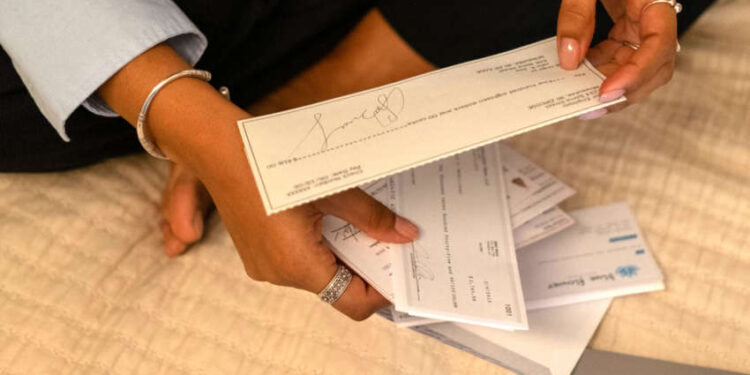Faced with the tightening of the rules on checks, Tunisian companies rediscover the drafts (or commercial effects).
According to the latest statistics published by the Central Bank of Tunisia, the total value of drafts issued during the months of February and March 2025 reached around 11.2 billion dinars, an increase of 35 % compared to the previous year. A significant leap which is partly explained by the impact of the new legislation on checks, which came into force in early February.
Despite this progression, the quality of payments remains worrying: nearly a billion dinars in drafts have been rejected for absence of provision, about one in ten trafficking. The rejection rate rises to 8 %, a figure that the financier Moez Hadidane describes as “stable” in a declaration at Express FM.
Another strong signal: the number of drafts issued in the first quarter of 2025 has literally exploded, with an increase of 104 % compared to the same period of 2024. An evolution which reflects a change of habit among economic operators, now more cautious in the face of legal risks linked to checks.
Loss of speed checks
The tilting is all the more blatant if we observe the decline in unheeded checks: their value has dropped by 48 % since the application of the law, while their unpaid rate increased from 2.4 % in 2024 to 7.2 % in 2025, and from 1.5 % to 4.1 % in number. A peak observed during the two weeks preceding the entry into force of the text, on February 2, 2025, according to Hdidane.
The message is clear: economic operators gradually abandon the check, which has become risky, in favor of trafficking, perceived as more flexible, less penalizing, but also more vulnerable in the event of default.
The trend should continue, according to experts, and in depth reconfigure the uses in terms of inter -company transactions in Tunisia, where confidence in means of payment remains a crucial issue.








